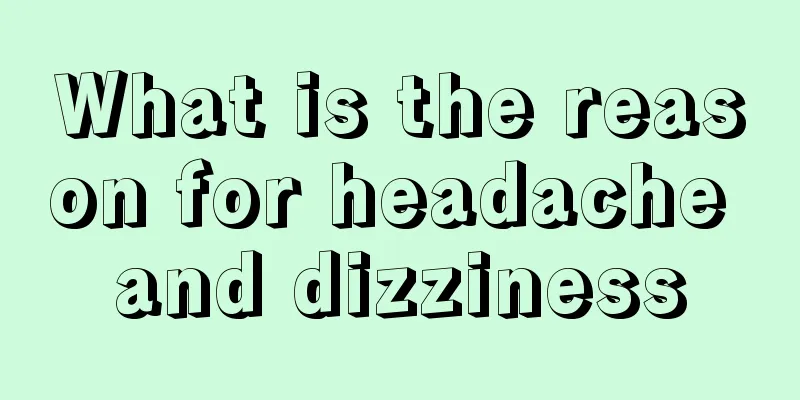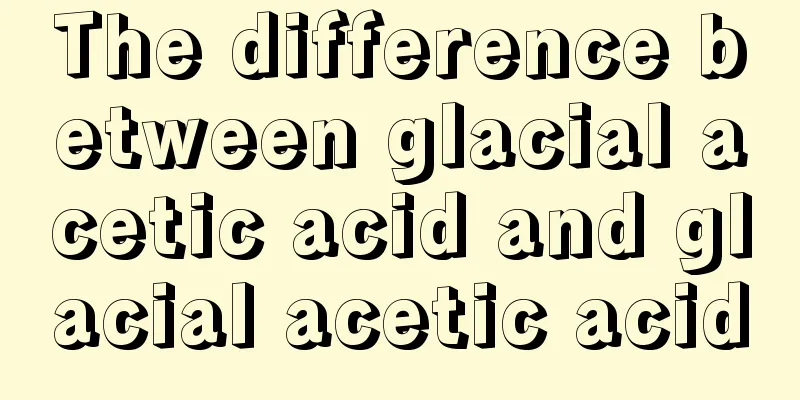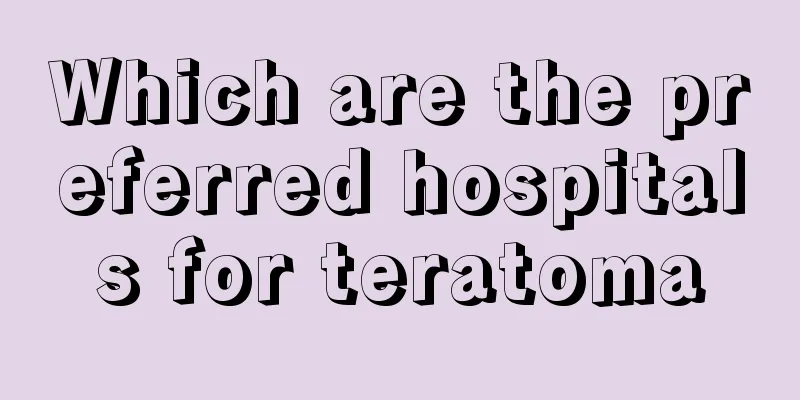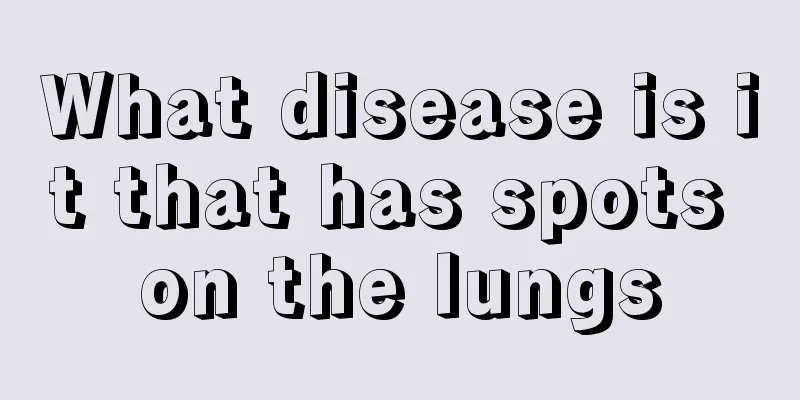What is the reason for headache and dizziness

|
Headache is a relatively complex symptom that can occur alone or as a symptom of other diseases. In daily life, some people will experience headaches and dizziness. The cause of the headache and dizziness is naturally of great concern. This symptom is more consistent with insufficient blood supply to the brain. We can fully understand the situation of insufficient blood supply to the brain and make a judgment based on other physical symptoms. Clinical manifestations 1. Abnormal mental consciousness If you always feel sleepy and feel groggy all day long, it is not caused by excessive fatigue, but a precursor sign of insufficient blood supply to the brain. Some people also experience insomnia, some have some changes in personality, such as being lonely, taciturn or indifferent, some are talkative and irritable; some may experience brief loss of consciousness or intellectual decline, or even loss of normal judgment, all of which are related to insufficient blood supply to the brain. 2. Motor nerve dysfunction This type of premonitory symptom is the most common. Due to insufficient blood supply to the brain, the nerves controlling the body's motor functions malfunction. Common manifestations include sudden crooked mouth, drooling, difficulty speaking, slurred speech, aphasia or inarticulate speech, difficulty swallowing, weakness or poor movement of one limb, dropping of held objects, unsteady walking or sudden falls, and some people experience limb spasms or twitching. 3. Sensory dysfunction Due to insufficient blood supply to the brain, the analytical areas, sensory organs and sensory nerve fibers of the brain are affected, often manifesting as numbness of the face, tongue, lips, and one side of the limbs or a foreign body sensation; some have blurred vision or even sudden temporary blindness; many people have sudden dizziness; some have spontaneous limb pain; others suddenly experience tinnitus, hearing loss, etc. treat 1. Remove risk factors Such as treating high blood pressure, quitting smoking, and prohibiting excessive drinking. 2. Antiplatelet drugs Aspirin, an antiplatelet drug, is the first choice. It can effectively prevent platelets from clumping together, which is good for blood circulation and blood supply to the brain. 3. Anticoagulant drugs Anticoagulants and antiplatelet drugs have the same effect, both of which can improve blood flow, increase blood supply to the brain, and reduce the incidence of cerebral ischemia. 4. Surgery If the carotid artery is severely narrowed (more than 70%), carotid endarterectomy or carotid stenting can be used if necessary. |
>>: My head hurts on the right side.
Recommend
Gua Sha therapy for heatstroke in summer
Gua Sha therapy uses smooth-edged bamboo boards, ...
What are the functions of cone snails?
Cone snails are mainly distributed in coastal are...
Should babies take fish oil or cod liver oil
We all know about cod liver oil, and many people ...
What are the symptoms of early esophageal cancer?
Esophageal cancer is a common malignant tumor of ...
What are the commonly used injectable drugs for treating bone cancer
Bone cancer pain is a chronic pain with a unique ...
Is upper abdominal pain gastric cancer? Further examination is not necessarily required
Upper abdominal pain is not necessarily gastric c...
The three most feared signs of advanced gastric cancer
There are no three most feared signs of advanced ...
How to use Platycladus orientalis leaves to treat seborrheic alopecia
The dried branches and leaves of Platycladus orie...
TCM Syndrome Differentiation and Treatment of Liver Cancer
TCM Syndrome Differentiation and Treatment of Liv...
Liver cancer may cause some digestive tract symptoms
Liver cancer may cause some digestive tract sympt...
What happens if you swallow toothpaste?
Toothpaste is a very common phenomenon in our dai...
The 5 most intoxicating love words for men
The most touching love words: Men need women to w...
Will kidney stones cause vomiting?
Kidney stones are a common kidney disease and are...
Can patients with uremia eat cherries?
Cherries are a very common fruit in our lives. No...
What to do with throat stones
As the name suggests, throat stones are stones gr...









